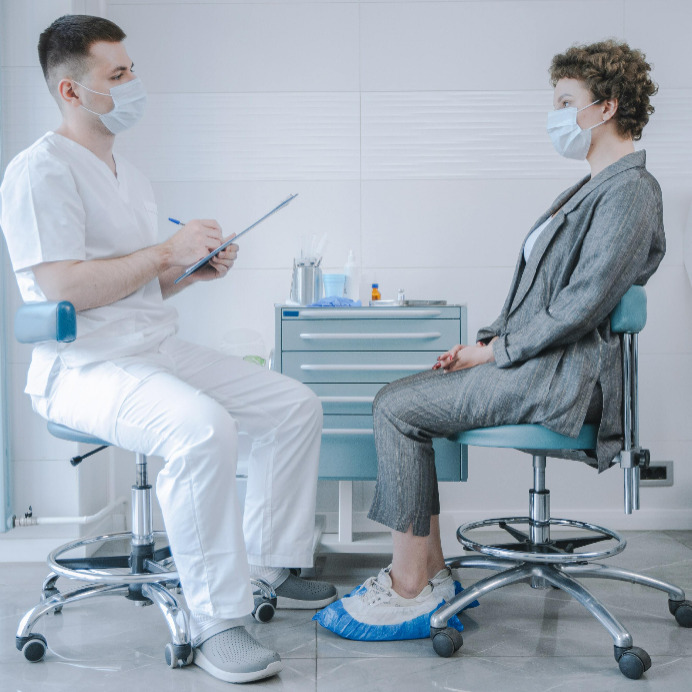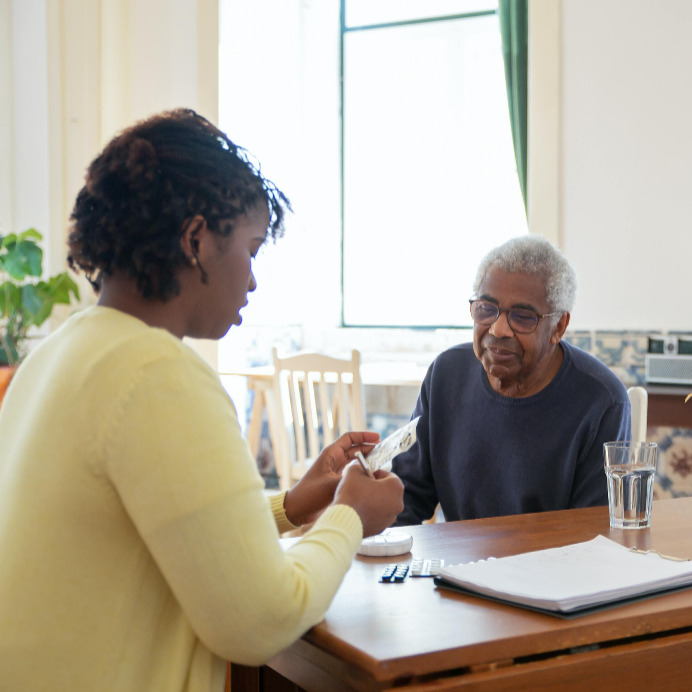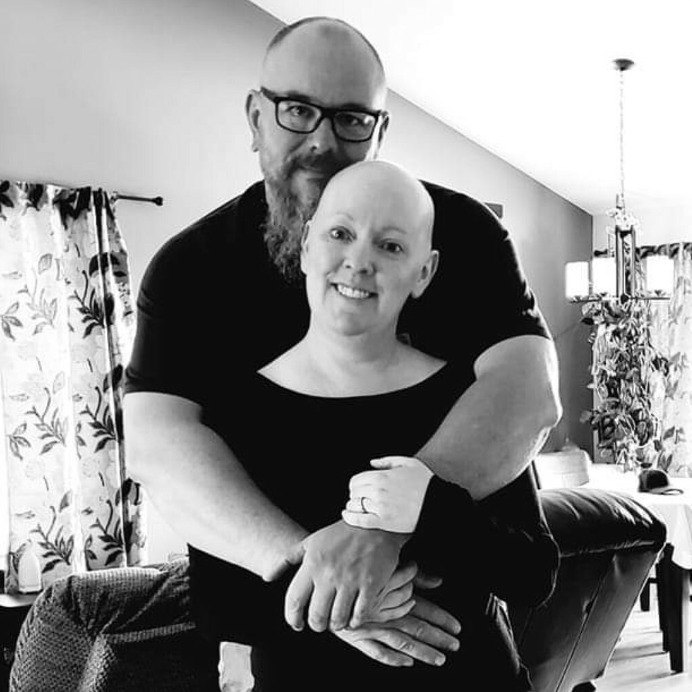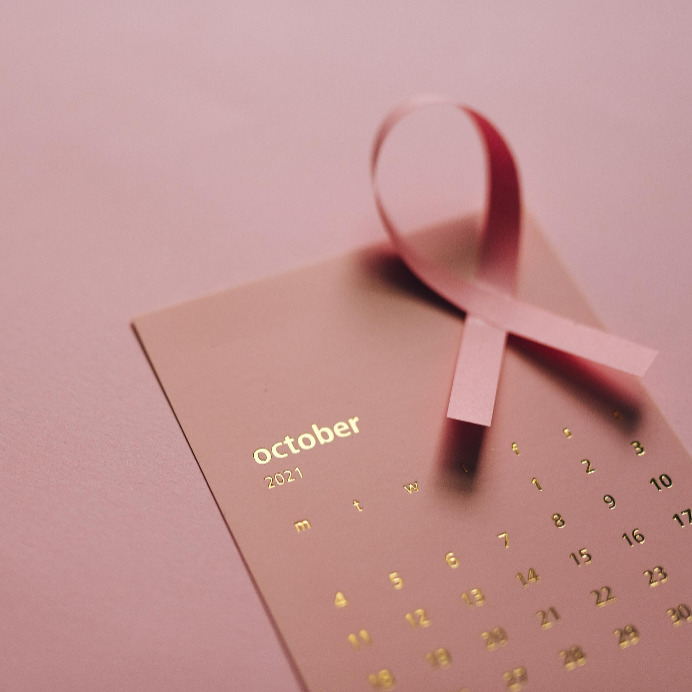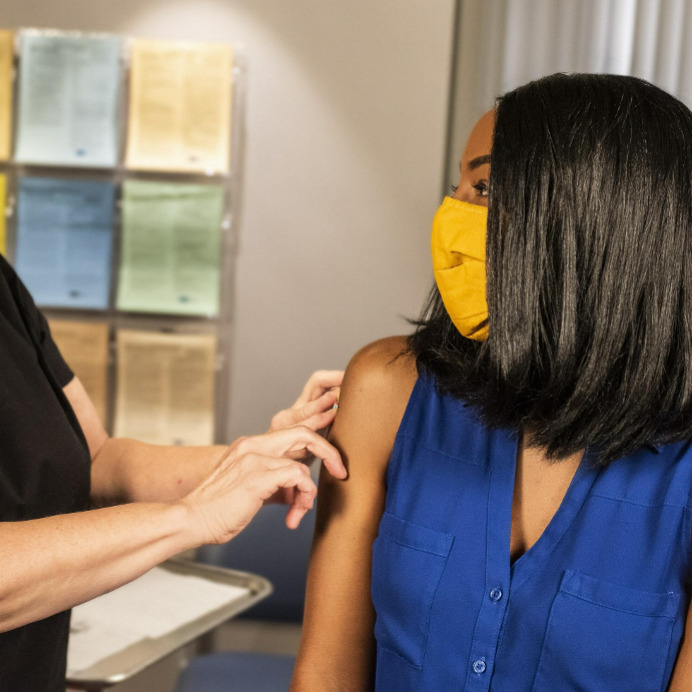By continuing to use our site, you consent to the processing of cookies, user data (location information, type and version of the OS, the type and version of the browser, the type of device and the resolution of its screen, the source of where the user came from, from which site or for what advertisement, language OS and Browser, which pages are opened and to which buttons the user presses, ip-address) for the purpose of site functioning, retargeting and statistical surveys and reviews. If you do not want your data to be processed, please leave the site.
The Voice of People With Breast Cancer
Education
Our Voices Blog
Tag : metastatic breast cancer
Ten Years: On the Unplanned Path of Early-Stage and Late-Stage Breast Cancer
Five years ago, I shared that I made it 5 years out from the day I was told “it’s breast cancer.” 6 months after that, I was diagnosed with stage 4 breast cancer. I was in the 30% of early-stage breast cancers that eventually becomes metastatic.
Research Highlights from the 2021 San Antonio Breast Cancer Symposium
This year top researchers, physicians, manufacturers, and patient advocates met in-person and virtually for the annual San Antonio Breast Cancer Symposium. Once again, this conference shared an abundance of new research on breast cancer from around the globe.
Our 10 Most Read 2021 Blogposts
2021 was the year of the patient voice and patient advocacy. Across Canada, we saw patients become more active participants on their healthcare team. Whether due to the current circumstances, because of personal interest, or because of unfortunate situations, patients are increasingly becoming involved in their care. This was also reflected in the blogpost that we published in 2021. Overall, we published 23 posts that came from breast cancer patients and their various experiences dealing with their diagnosis. It’s no wonder that so many of these stories were part of our top blogposts of 2021. Even the posts not written by breast cancer patients reflected empowering breast cancer patients to take charge of their health.
CBCN-in-Action: 2021 in Review
The Canadian Breast Cancer Network exists to ensure the best quality of life for all Canadians diagnosed with breast cancer. We do this by voicing the views and concerns of breast cancer patients through education and advocacy activities. We also work to ensure that what we undertake is: patient-centered, credible and promotes equity.
Support. How to Give it, How to Get it
I finally caught up on my television viewing and watched the Friends Reunion show and the first two episodes of And Just Like That… Through the nostalgia, out-loud belly laughs and floods of tears (there were tons of each), one thought dominated: this is what support looks like. Sure, it was just TV, but if I could feel the connection and love through my 29-inch screen, then so can other people. I’m pretty sure that’s why these shows resonate. Support is survival. I need it and you do too, especially when you’re living with cancer, overcoming it, in the healing process, in remission or even know someone going through breast cancer. Asking for what you need though can be tough. We’re hardwired to put on a brave face or listen to whatever other crap messaging we tell ourselves we need to do. And it’s never worth it. So instead of being an island, try one or all of these suggestions to give and to get the support you deserve.
COVID-19 and Breast Cancer: Patient Voices, Expert Knowledge
Our latest digital magazine COVID-19 and Breast Cancer: Patient Voices, Expert Knowledge approaches the ongoing COVID-19 pandemic from the perspective of breast cancer patients and provides credible information for breast cancer patients from healthcare professionals and experts.
Breast Cancer Treatments in Canada: Accessing Treatment and Funding for Treatments
Being diagnosed with breast cancer comes with many challenges and complications, accessing breast cancer drugs and funding for breast cancer drugs shouldn’t be one of them. Unfortunately, breast cancer patients across Canada do not always have access to the same breast cancer drugs. In the case where the same treatment is available in different provinces and territories, the funding for these drugs may not be the same across provinces and territories.
Questions and Experts Session Guide: A Medical Oncologist Answers Questions about Triple Negative Breast Cancer
A breast cancer diagnosis comes with so many questions and there never seems to be enough time at appointments to have some of these questions answered. To help address this, we developed a "Q&E: Questions and Experts" series. In this series, a variety of experts spend the entire virtual session answering pre-submitted and live questions from participants. Watching the videos on-demand might be a little difficult to get through. So, we’ve created this guide to help you get right to the questions and answers that matter the most to you.
Questions and Experts Session Guide: A Drug Access Navigator Answers Questions about Accessing Breast Cancer Drugs in Canada
In today’s post, we provide the questions that were sent in and asked during the live session of our Questions and Experts session held in October 2021. In this session, Michele MacDonald, RPhT, a Regulated Pharmacy Technician a Drug Access Navigator, answered questions about accessing breast cancer drugs in Canada. In the parentheses, you’ll find the timestamp of where to find the question in the on-demand video.
Questions and Experts Session Guide: A Naturopathic Doctor Answers Questions about Complementary Therapies
In today’s post, we provide the questions that were sent in and asked during the live session of our Questions and Experts session held in September 2021. In this session, Dr. Dugald Seely, ND, a Naturopathic Doctor, answered questions about complementary therapies. In the parentheses, you’ll find the timestamp of where to find the question in the on-demand video.
Just Breathe
I was diagnosed in December 2019 at the age of 47. I was healthy, happy and at the height of my career. Just as I said to my husband of 25 years “Life just can’t get any better”, our world came to a grinding halt - “you have breast cancer”.
Breast Cancer Awareness is About More Than Pink Ribbons
Breast cancer awareness is about more than pink ribbons. Yes, we said it! It’s more than telling the world that breast cancer merely exists. We all undoubtedly know that it exists, and we likely all know someone touched by breast cancer. And yet, time and again, we hear patients say, “I wish I had known.” Because there is so much about breast cancer that goes unspoken.
Virtual Exercise and Care for Individuals Living with Breast Cancer
Exercise has numerous benefits for individuals with breast cancer. These include a reduction in the severity of side effects of treatment, improved physical and mental health, and an overall sense of improved wellness. In addition, appropriate exercise is safe and plays a key part of care for lymphedema. Lymphedema is an abnormal swelling of the arms, hands, breast, or torso and generally occurs when the lymph node or lymphatic vessels are removed or damaged. Encouraging muscle movement and breathing techniques, during exercise, allows to stimulate the lymphatic system and helps improve lymph flow. Tailored exercise guidelines for cancer survivors have been developed and implemented worldwide. These guidelines recommend aiming for 20 to 60 minutes of aerobic exercise two to three times per week, along with resistance training of all major muscle groups twice a week, with an emphasis on cancer-specific considerations and safety precautions.
Where the Federal Parties Stand on Health-Related Issues
On August 15th, 2021, Prime Minister Justin Trudeau, leader of the Liberal Party called for a federal election. While there are a many of items and issues to look out for from each parties’ platform, we have dedicated this post to the key takeaways from each party regarding health, healthcare, employment insurance etc. Although this is not an exhaustive list on all the points raised by the parties regarding health and healthcare, we wanted to provide you with a starting point of navigating the 2021 elections as it relates to breast cancer patients.
Research Findings on Breast Cancer and the COVID-19 Virus
Breast cancer research is critical as it provides information on the detection, prognosis, treatment, and elimination of the disease. Researchers also continuously engage in studying breast cancer to help us better understand risks associated with breast cancer as well as how breast cancer interferes with other diseases and aspects of life.
Reading Research: 4 Things to Pay Attention to When Reading Breast Cancer Journal Articles
Breast cancer research continues to show promising results and advances in the detection and treatment of the disease. More and more, work is being done in this area and studies provide hope to those diagnosed and living with breast cancer. With article headings boasting about new, better, and less invasive ways to treat breast cancer, it is important to understand the actual findings of the study and not get caught up in exciting headlines and summaries. In other cases, you may come across the results of a study from a news article or elsewhere online.
Questions and Experts Session Guide: A Medical Oncologist Answers Questions about HR-Positive Breast Cancer
In today’s post, we provide the questions that were sent in and asked during the live session of our Questions and Experts session held in April 2021. In this session, Dr. Sandeep Sehdev, MD, FRCPC, a Medical Oncologist, answered questions about HR-positive breast cancer. In the parentheses, you’ll find the timestamp of where to find the question in the on-demand video.
CBCN's Digital Storytelling and Advocacy Toolkit: Using Personal Storytelling for Advocacy
While there have been many advances made in the diagnosing, treatment and management of breast cancer, individuals diagnosed with or living with breast cancer still face issues that are not yet being addressed by the organizations and government bodies that serve them. In addition to this, the public is generally not aware of the day-to-day impacts of a breast cancer diagnosis on individuals and their families.
Questions and Experts Session Guide: A Medical Oncologist Answers Questions about HER2-Positive Breast Cancer
In today’s post, we provide the questions that were sent in and asked during the live session of our Questions and Experts session held in April 2021. In this session, Dr. Karen Gelmon, MD, FRCPC, a Medical Oncologist, answered questions about HER2-positive breast cancer. In the parentheses, you’ll find the timestamp of where to find the question in the on-demand video.
Genetic Counselling Q&A
A genetic counsellor is a health care professional with specialized education, training, and experience in medical genetics and counselling. Genetic counsellors work with both individuals and families that have a medical, family history, or potential risk for an inherited condition. The role of a genetic counsellor is to identify families at risk for genetic conditions, provide information and supportive counselling, coordinate and review testing options, and connect patients/families with appropriate community resources.






